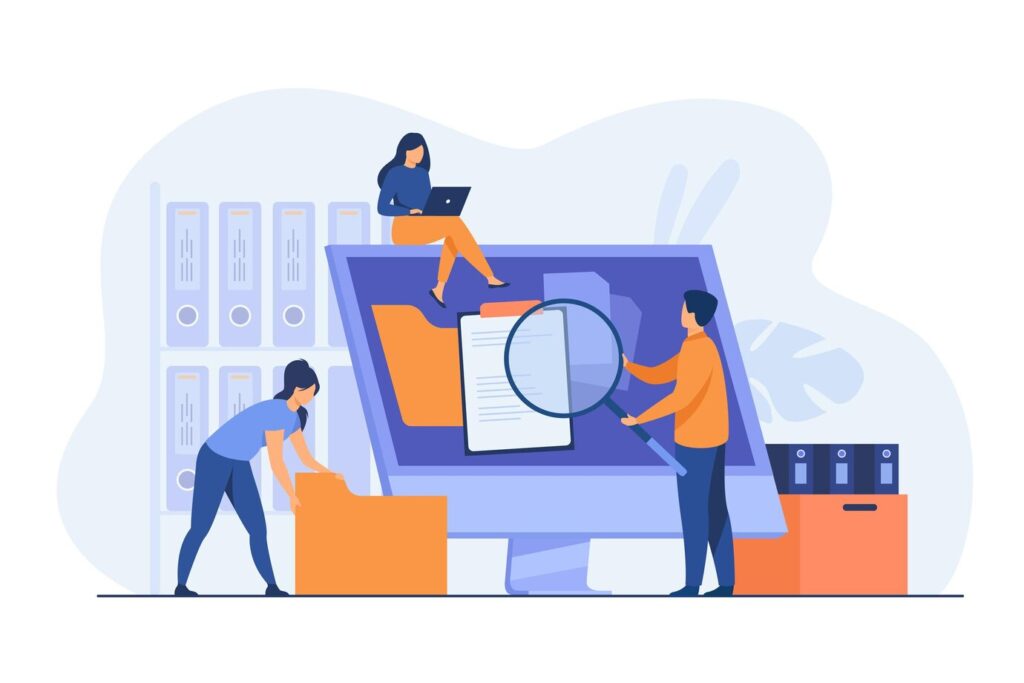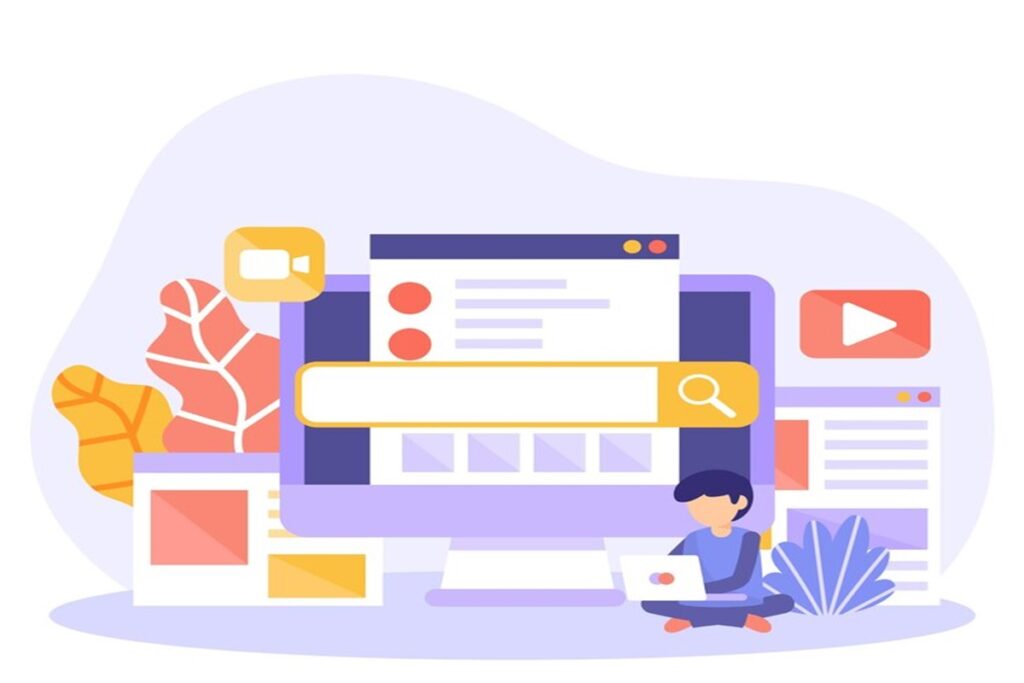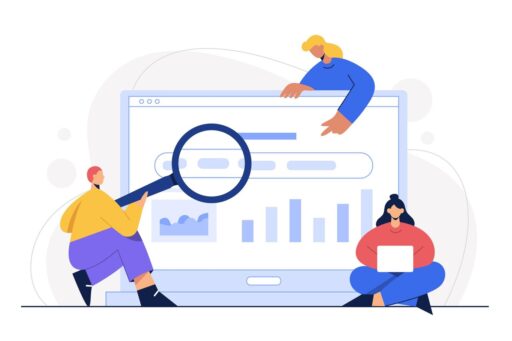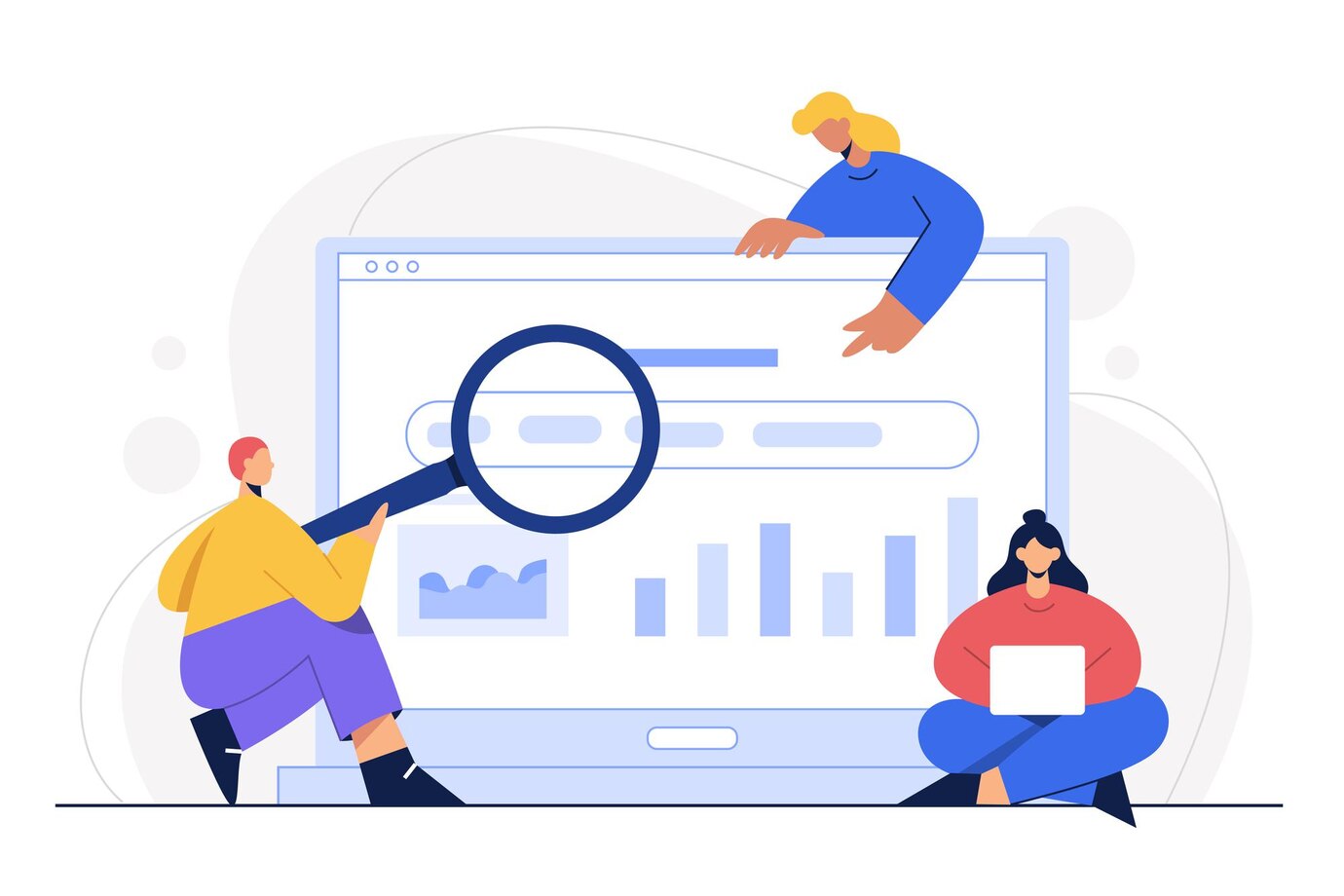On the internet, websites want to be noticed. They work hard to get people to visit and show up higher in search results. But sometimes, there’s a problem called orphan pages. These pages are like hidden troublemakers on your website. This guide will explain what orphan pages are, why they’re important, and how to fix them to make your website better and easier to find.
What are Orphan Pages: What Sets Them Apart
Orphan pages are web pages that have no links from other pages on the same website. Imagine a book with a page that’s not mentioned in the table of contents or anywhere else in the book. That page is like an orphan page on a website. Orphan pages can be hard for visitors to find because they’re not connected to the rest of the site. They might have valuable information, but without links, they’re often overlooked. We need to link pages well on the website so everyone can easily find them.
Why Orphan Pages are bad for SEO?
Orphan pages hurt SEO. They’re like lost islands on the internet. When a webpage has no links to it from other pages on the same website, search engines like Google can’t easily find and list it. This means important stuff might not get seen by people searching for it. Orphan pages don’t do well in search results because they’re not connected to other pages.
This makes it hard for people to find the website, and it gets less traffic from search engines. So, it’s really important for websites to link all their pages properly to do better in search results.

Finding Orphan Pages
Finding orphan pages means finding web pages that don’t have any links to them. It’s like finding lost pages on the internet. These pages are important to find because they might have useful information that people can’t get to. Fixing them makes sure that all the content on the website is easy to find and connected.
To find orphan pages on a website, you can use tools called website crawlers. These tools check every page of a website to find ones that aren’t linked from any other pages. Orphan pages can be a problem because search engines might not list them, so people can’t find them. With website crawlers like SEMrush, Ahref, and ScreamingFrog, you can spot these orphan pages easily. Then, you can fix the issue by linking them properly on your website. This helps people and search engines find them more easily.
How to fix orphan pages?
Fixing orphan pages is not too hard. There are a few ways to do it, like linking them to other pages on your site, getting rid of them, combining duplicates, or hiding them from search engines. The important thing is to look at each orphan page and decide what’s best for it. You might need to hide it from search engines, delete it, combine it with another page, or just add some links to it. By carefully thinking about each case, you can tidy up your website and keep it organized.

Internal Linking
To fix orphan pages with internal linking, first identify pages on your website without any links. If it’s a service page, add it to the navigation. For blog posts, link them from relevant pages. Ensure the links sound natural and fit the content. This helps search engines find and show these pages to users. Regularly review your site’s structure and internal links to prevent orphan pages from occurring in the future
Removing from Sitemap or Deleting
Look for pages that don’t have any links from other pages on your website. Check if these pages are important or not. If they’re not important and you don’t need them, you can delete them. But if these pages are necessary, like a thank you page that shows up after someone submits a form, you can exclude them from the sitemap.
To remove pages from your website’s sitemap using tools like Rankmath or All in One SEO in WordPress, locate the page ID and insert it into the “exclude post” box in Rankmath sitemap settings.
Merging Pages With The Same Content
If two pages have similar content, we should combine them. We do this by redirecting one page to the other. But make sure the page you’re redirecting to isn’t alone itself.
No-Indexing Orphan Pages
Look for pages on your website that don’t have links from other pages. Check if these pages are important. If they’re not important but you still want to keep them, think about marking them as “noindex”. You can do this by adding a “noindex” tag in the code’s head section of these pages.
To make pages as noindex, add following code in your page head section
<meta name="robots" content="noindex" />Make sure search engines can still look at these pages in the robots.txt file. Otherwise, they won’t see the instruction to not index them.
Final Thoughts
In simple words, orphan pages might seem small on the internet, but they’re important for a website’s SEO. To keep your site healthy and successful with all other blog optimization techniques, you need to know what orphan pages are, find them, and then fix them. By doing this, you can make sure your website stays in good shape for a long time.
So, learn about orphan pages and work to fix them, protecting your website’s SEO. Visit wsthemes today and let us help you conquer orphan pages for a stronger, more successful website!



